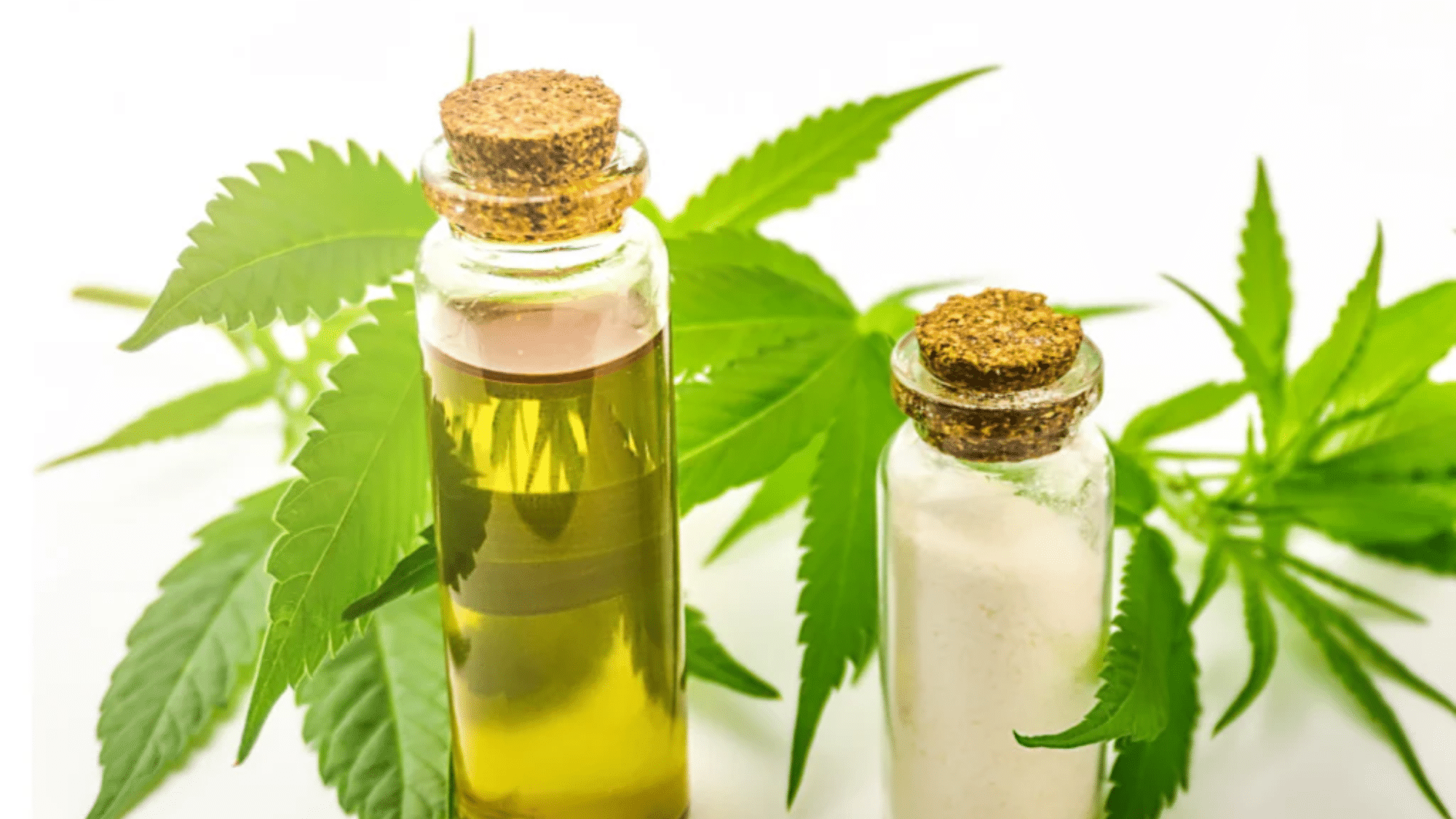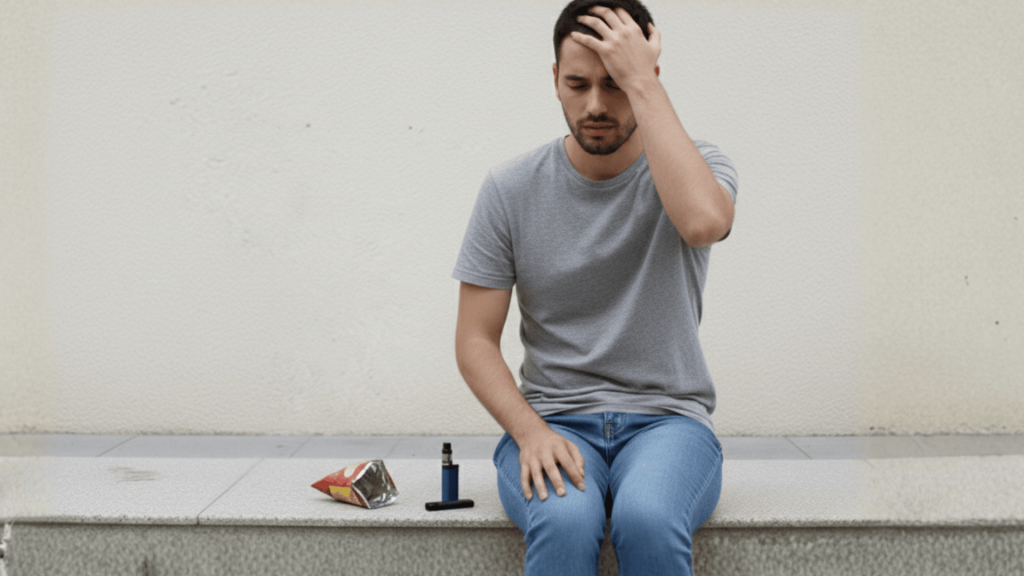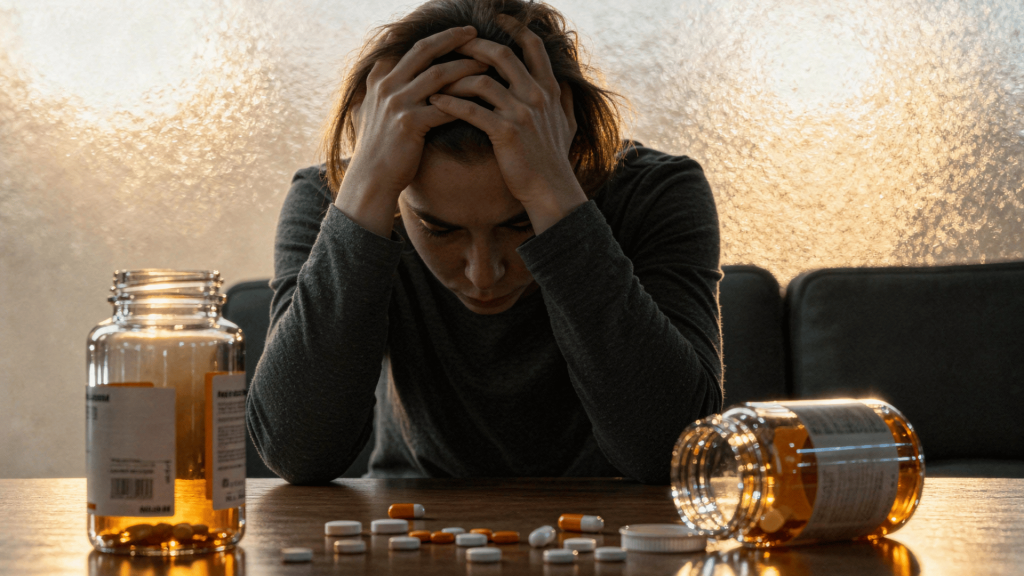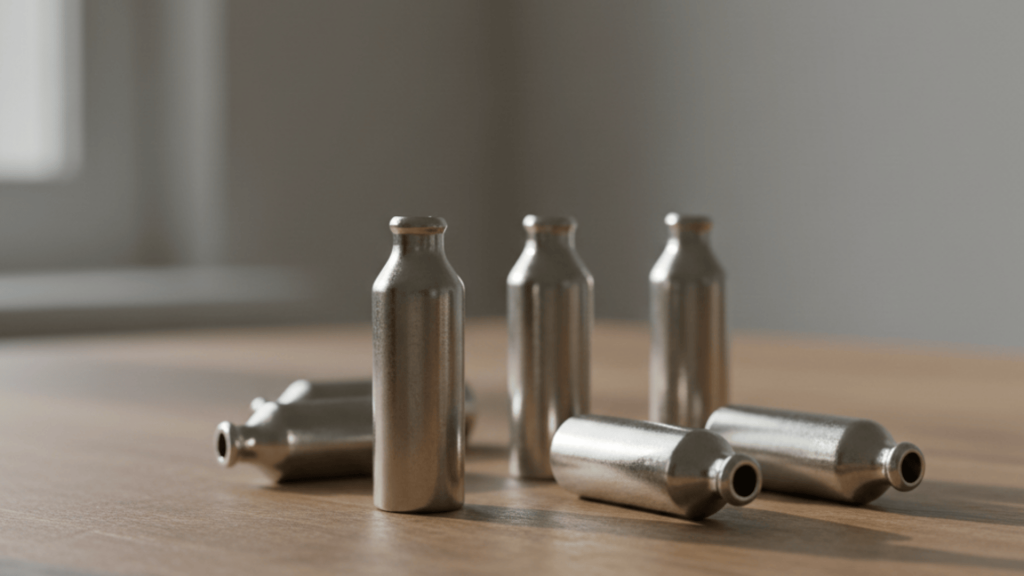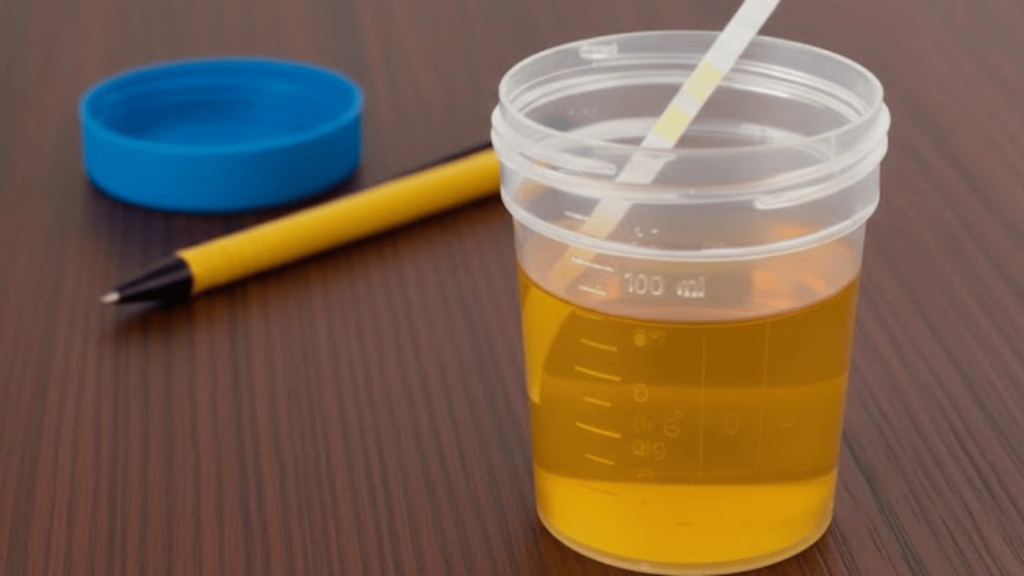I remember standing in my first CBD store, completely confused by all the different options.
“Full spectrum,” “broad spectrum,” “isolate” made me feel like I needed a science degree just to buy some CBD oil for my stress.
Maybe you’ve been there too, staring at product labels, wondering what the difference actually is and which one you should choose.
Here’s the thing: understanding full-spectrum vs broad-spectrum CBD isn’t just marketing jargon; it can make a real difference in how the product works for you.
Let me break down everything I wish someone had explained to me from the start.
What is CBD & Its Different Spectrums
CBD, short for cannabidiol, is one of over 100 natural compounds found in hemp and cannabis plants.
Unlike THC, which causes the “high” associated with marijuana, CBD is non-psychoactive, meaning it won’t alter your mind or impair your daily activities.
It works with your body’s endocannabinoid system, your internal balance regulator, to potentially help with stress, discomfort, sleep issues, and overall well-being, all without any intoxicating effects.
Now, when CBD is extracted from hemp, manufacturers can choose how many natural compounds from the plant they want to keep. This gives us three main CBD spectrums:
- Full Spectrum CBD: Includes all natural compounds from the hemp plant, plus a tiny amount of THC (less than 0.3%).
- Broad Spectrum CBD: Contains most of the beneficial plant compounds, but all THC is removed.
- CBD Isolate: Pure CBD with everything else stripped away. While less commonly used, it’s good to know it exists.
Each spectrum has its own unique benefits and trade-offs, and choosing the right one depends on your personal goals and preferences.
What is Full Spectrum CBD?
Full-spectrum CBD is like getting the “whole plant experience.” When manufacturers make full-spectrum products, they extract CBD along with all the other naturally occurring compounds from the hemp plant.
What’s typically included:
- CBD (the main event)
- Other cannabinoids like CBG, CBC, and CBN
- Terpenes (aromatic compounds that give plants their smell and may have their own benefits)
- Flavonoids (antioxidant compounds)
- Trace amounts of THC (less than 0.3%, not enough to get you high)
What is Broad Spectrum CBD?
Broad-spectrum CBD is like full-spectrum’s cautious sibling. It contains most of the same beneficial compounds from the hemp plant, but with one major difference: all the THC has been carefully removed.
What’s typically included:
- CBD (still the main ingredient)
- Other cannabinoids like CBG, CBC, and CBN
- Terpenes and their potential benefits
- Flavonoids
- Zero detectable THC
Full Spectrum vs Broad Spectrum CBD

To better understand the differences between Full Spectrum and Broad Spectrum CBD, let’s break it down:
1. THC Content
The biggest difference between full-spectrum and broad-spectrum CBD comes down to THC, the compound responsible for the “high” associated with marijuana.
Full-spectrum CBD contains up to 0.3% THC, which is the federally legal limit in the U.S. While this amount isn’t enough to make you feel intoxicated, it’s still present.
On the other hand, broad-spectrum CBD goes through an additional process to completely remove THC, making it a safer choice for people who want to avoid even trace amounts.
2. Other Compounds
Full-spectrum CBD keeps all the natural compounds found in the hemp plant, including cannabinoids, terpenes, and flavonoids.
These work together to create what’s known as the entourage effect, where the combined compounds uplift each other’s benefits.
Broad-spectrum CBD also contains multiple beneficial compounds, but since THC is removed, the profile is slightly different. It’s a great middle ground if you want the perks of various cannabinoids without the worry of THC.
3. Legal Considerations
Because full-spectrum CBD contains trace THC, its legality can vary depending on where you live.
While it’s federally legal in the U.S. under the 2018 Farm Bill, some states have stricter regulations and may limit or restrict products with any THC.
Broad-spectrum CBD, however, generally faces fewer legal complications since it’s THC-free, making it a safer option if you travel frequently or live in areas with tighter cannabis laws.
4. Drug Testing
If you’re concerned about drug tests, this is a major factor to consider. Even though full-spectrum CBD only contains up to 0.3% THC, regular use can sometimes cause trace amounts to build up in your system.
This means there’s a slight chance it could show up on highly sensitive tests.
Broad-spectrum CBD, on the other hand, significantly reduces this risk because the THC has been removed, making it a preferred choice for athletes, employees, or anyone subject to workplace screenings.
5. Potential Effects
Many users prefer full-spectrum CBD because it delivers a stronger entourage effect. Since it contains the entire cannabinoid profile, it may provide more noticeable benefits for pain relief, anxiety, sleep, and overall well-being.
That said, broad-spectrum CBD still offers a similar synergistic effect, just without THC. If you want maximum potential benefits and don’t mind trace THC, full-spectrum might be best.
But if you’d rather avoid THC completely, broad-spectrum still provides plenty of therapeutic value.
6. Taste and Smell
Since full-spectrum CBD contains the complete plant profile, it often has a more earthy, natural, and “hempy” taste and smell. Some people love this true flavor, while others find it too strong.
Broad-spectrum CBD, on the other hand, usually has a milder taste and aroma because the THC removal process also reduces some of the plant’s natural terpenes.
If you prefer a smoother, less noticeable flavor, broad-spectrum products may be a more enjoyable option.
Choosing the Right CBD for You
So which type should you choose? It really comes down to your personal situation and what you’re comfortable with.
You might prefer full spectrum if:
- You want the potential maximum benefits from the entourage effect
- You’re not worried about drug testing
- You’re comfortable with trace amounts of THC
- You live somewhere with clear, CBD-friendly laws
- You don’t mind a stronger hemp taste
You might prefer a broad spectrum if:
- You need to avoid THC completely for work, legal, or personal reasons
- You get drug tested regularly
- You’re THC-sensitive or have had bad experiences with THC in the past
- You want multiple cannabinoids but with zero THC risk
- You prefer a milder taste
Conclusion
Here’s what I’ve learned after trying both types: the choice between full-spectrum and broad-spectrum CBD really comes down to your comfort level with THC.
Full spectrum gives you the complete plant experience with trace THC, while broad spectrum offers most of the same benefits without any THC worries.
Honestly, I started with Broad Spectrum because I was nervous about drug testing, and it worked great for me. Some of my friends swear by full-spectrum and say it’s more effective. The truth is, everyone’s different.
My advice? Think about your job situation, legal concerns, and personal preferences. Start with whichever feels right for you, and don’t be afraid to switch if it’s not working.
Frequently Asked Questions
Will Full-Spectrum CBD Get Me High?
Nope! The amount of THC in full-spectrum CBD (less than 0.3%) is way too small to cause any psychoactive effects.
Can I Fail a Drug Test With Either?
Full-spectrum CBD carries a small risk because of the trace THC, especially if you’re taking large doses or have a very sensitive drug test. Broad-spectrum is much safer for drug testing since it contains no detectable THC.
How Can I Tell Which Type I Have?
Check the product label and look for third-party lab results (often called a Certificate of Analysis or COA). These will show exactly what compounds are in your product and their concentrations.
Which is Better for Anxiety?
Broad-spectrum CBD is often preferred for anxiety because it delivers multiple cannabinoids without THC. This reduces the risk of feeling jittery or paranoid, which can happen in THC-sensitive users.
Which is Better for Sleep?
Full-spectrum CBD may be more effective for sleep, thanks to the entourage effect created by the combination of cannabinoids and trace THC. Many users report deeper, longer rest.

